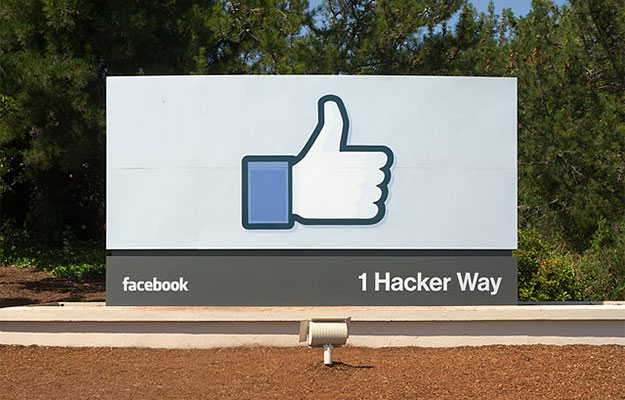Facebook Vows To Fix Its Serious Misinformation Problem Spread By Bogus Algorithmic Promotion

However, in the absence of human handlers, its Trending Stories section has apparently “gone rogue”, spreading false stories that some gullible individuals take as fact and share, further exacerbating the problem. According to Pew Research, 62 percent of U.S. residents get news from social media. So it shouldn’t be too surprising to see how Facebook, which is the world’s largest social network, plays a major role in the spread of misinformation.

In a statement to TechCrunch, Facebook VP of product management Adam Mosseri explained that Facebook understands that it has a problem on its hands, and it is doing all that it possibly can to combat it:
We take misinformation on Facebook very seriously. We value authentic communication, and hear consistently from those who use Facebook that they prefer not to see misinformation. In Newsfeed we use various signals based on community feedback to determine which posts are likely to contain inaccurate information, and reduce their distribution. In Trending we look at a variety of signals to help make sure the topics being shown are reflective of real-world events, and take additional steps to prevent false or misleading content from appearing. Despite these efforts we understand there’s so much more we need to do, and that is why it’s important that we keep improving our ability to detect misinformation. We’re committed to continuing to work on this issue and improve the experiences on our platform.
Despite this statement, Mosseri doesn’t go into detail on exactly how the company will fight the spread of misinformation. We’ve seen Facebook’s Trending section spread 9/11 hoax stories, and even perpetrate the myth that Megyn Kelly was in the tank for Hillary Clinton.
Given the unexpected [to some] outcome of the U.S. Presidential election this week, a few people are pointing fingers at Facebook for helping to drive a Trump victory. “The most obvious way in which Facebook enabled a Trump victory has been its inability (or refusal) to address the problem of hoax or fake news,” wrote New York Magazine’s Max Read. “[Facebook is the] only site to support a genuinely lucrative market in which shady publishers arbitrage traffic by enticing people off of Facebook and onto ad-festooned websites, using stories that are alternately made up, incorrect, exaggerated beyond all relationship to truth, or all three.”
It’s obviously hard to credibly pin the blame on Facebook for the successes or failures of an entire political campaign, but that is the narrative that seems to be propagating in the post-election fracas. With that being said, Mark Zuckerberg penned his post-election thoughts on Facebook, writing:
Holding Max, I thought about all the work ahead of us to create the world we want for our children. This work is bigger than any presidency and progress does not move in a straight line. The most important opportunities of Max's generation -- like curing all disease, improving education, connecting everyone and promoting equal opportunity -- will take long term focus and finding new ways for all of us to work together, sometimes over decades. We are all blessed to have the ability to make the world better, and we have the responsibility to do it. Let's go work even harder.
It’s hard to argue with that sentiment from Zuckerberg as America prepares to plot a new course under fresh leadership.


